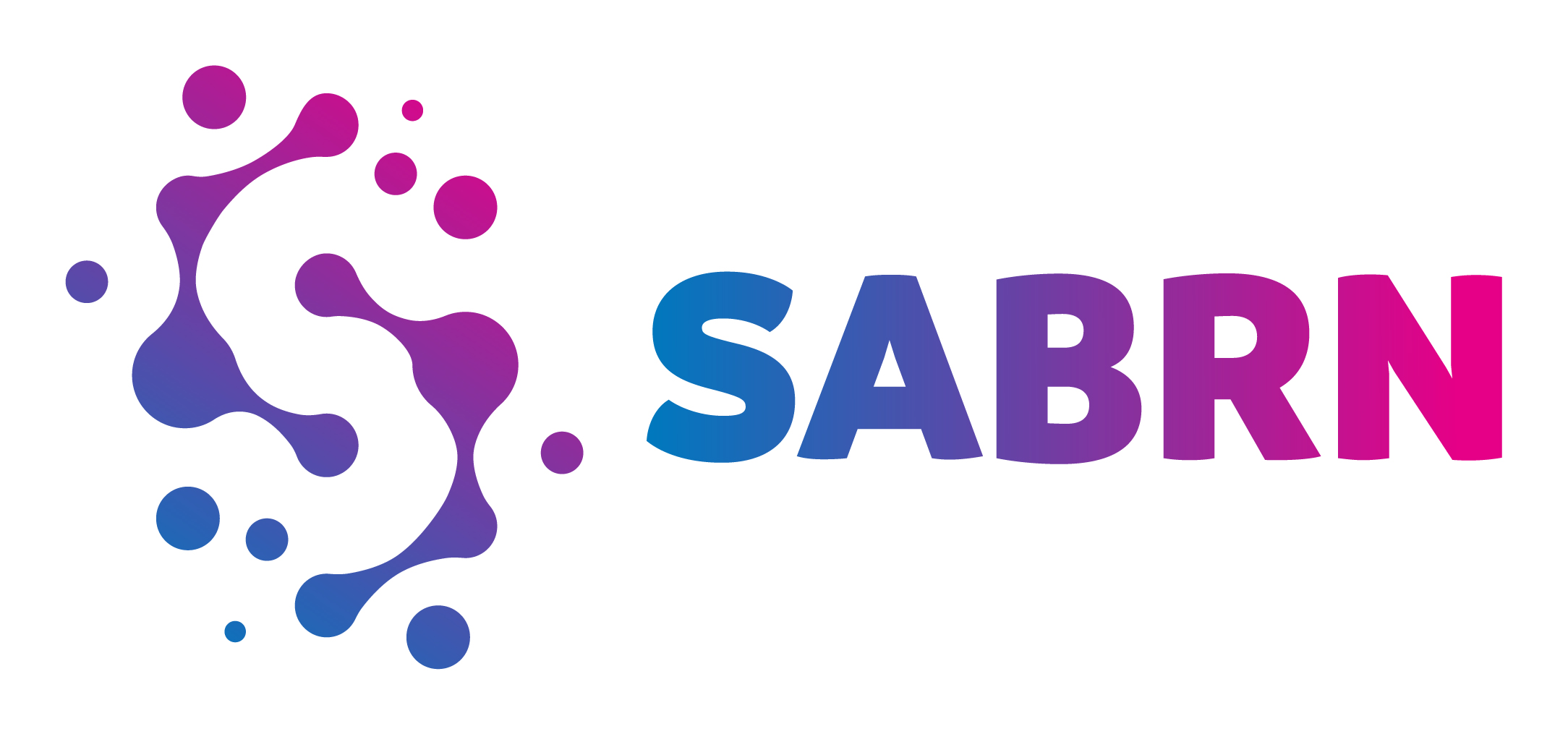THE SABRN GROUP OF COMPANIES IS MULTIFACETED, INNOVATIVE AND PURPOSE-DRIVEN.
The Group was founded in South Australia and is based in Adelaide. The Group aims to provide maximal benefit to our planet and its inhabitants. The Group prioritises the health and wellbeing of individuals, community and planet, with subsidiary companies.
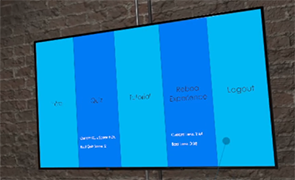
SABRN EDUCATION
SABRN Education is a subsidiary of the SABRN Group of Companies. The overall objective of SABRN Education is to supplement the traditional education and training available currently for the next generation of doctors, nurses, and other clinicians (in particular for Military and Trauma settings). One of the educational techniques is using immersion into different artificial environments using Virtual Reality, Augmented Reality, and Mixed Reality technologies – SABRN AES (Artificial Environment Simulations).
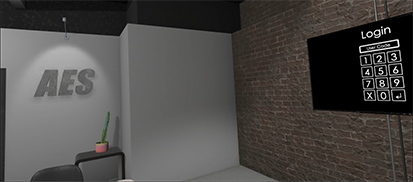
The significant global stressors (including the COVID pandemic, Russo- Ukraine conflict, climate crisis and inflation) have impacted on most people globally. Centralisation of services (including education, health, and waste management) over the past decades has amplified these impacts to reach crisis levels. In Australia, these impacts are magnified even further because of the small population density on a geographically sparse land mass.
The SABRN AES arm aims to use immersive technologies to enhance the education and training of future clinicians. The 10,000 hours necessary to become an expert in a field is more difficult because of safe working hours, and the increasing litigious environment makes the training process much longer. The younger generation of surgeons has trained in an era of super-specialisation, and is more familiar with minimally invasive surgical procedures used in elective settings. As a consequence, they are less familiar in dealing with areas outside of their speciality, and will not be comfortable dealing with military or trauma related surgery. The SABRN AES arm will help significantly in the exposure and training of younger doctors.
The SABRN AES arm uses deep reinforcement learning to rehearse various clinical procedures (that are traditionally not in the scope of the clinician) in order to prepare the military or trauma surgeon. Gamification of the procedure with built-in pitfalls enables the junior clinicians to up-skill rapidly. The junior clinicians can also be exposed to external stimuli (such as noise or be immersed into a cold, warm or wet environment) to further challenge their coping skills.
The SABRN AES concept also allows the development of ‘an expert team’ rather than a team of experts’, thereby increasing the chances of a positive outcome for the patients. SABRN AES also reinforces the importance of assessing currency as well as competency for particular skill sets necessary to save lives.
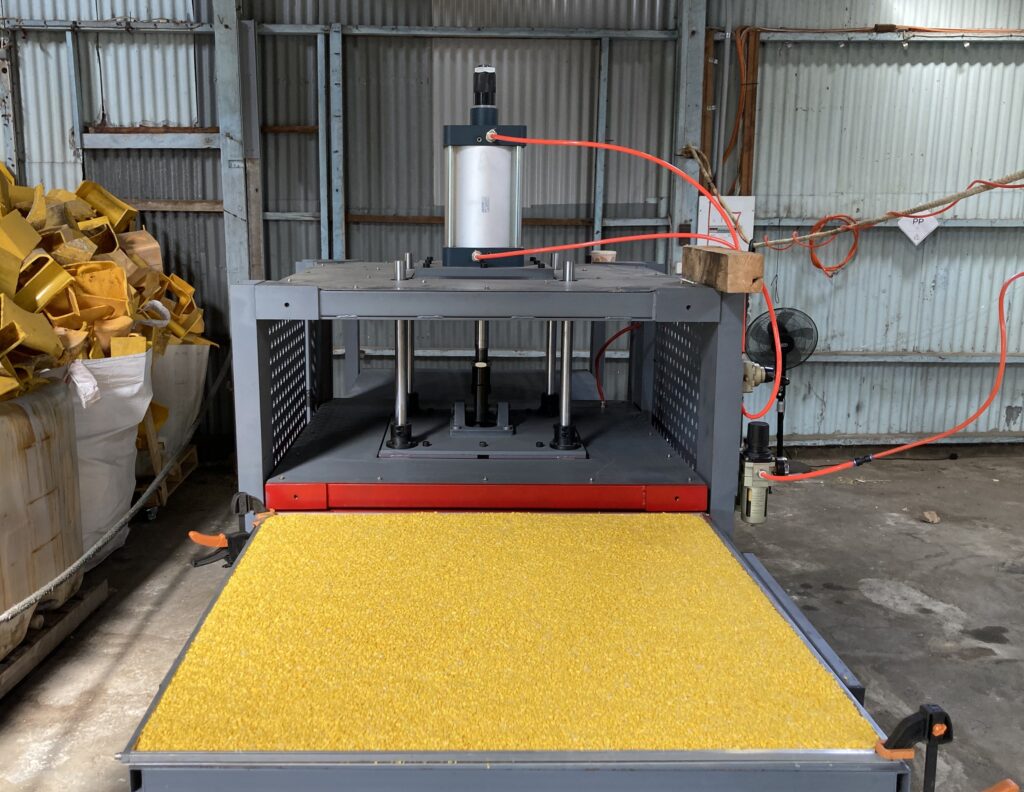
SABRN HEALTH
SABRN Health, another subsidiary of the SABRN Group of Companies, has the primary purpose to improve the health of individuals, groups and communities. SABRN Health is undertaking a number of projects:
1) Development of a transportable life-support-pod, the SABRN E-LifePod (multiple variants including one for serving people on extraterrestrial environment colonies);
2) Development of a system of detection and prioritization of injured people according to severity in mass casualty incidents using robotics, advanced sensors and artificial intelligence algorithms; and
3) Development of an autonomous surgical robot independent of any human input (proofof-concept initially).
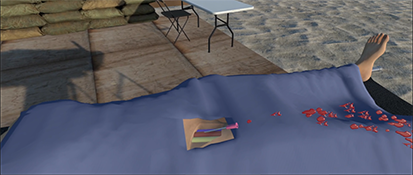
The SABRN E-LifePod challenges the traditional healthcare delivery paradigm – instead of the ‘patient-to-hospital’ model, the E-LifePod creates a ‘hospital-to-patient’ model.
The E-LifePod has an integrated ED-ICU-OT capability that is vehicle-agnostic, i.e. transportable by land, air, or water to areas of need. This enables trucks, trains, planes, helicopters, boats and ships to become health multipliers. The E-LifePod will contain superior diagnostic, monitoring and treatment capabilities in comparison to tradition emergency evacuation systems. It will be developed to have CBRN countermeasures, as well surgical capabilities. With built-in advanced telehealth and augmented reality capabilities, the E-LifePod will enable moment-by-moment clinical and medicolegal support to be provided to the on-board clinician by the surgical hospital teams.
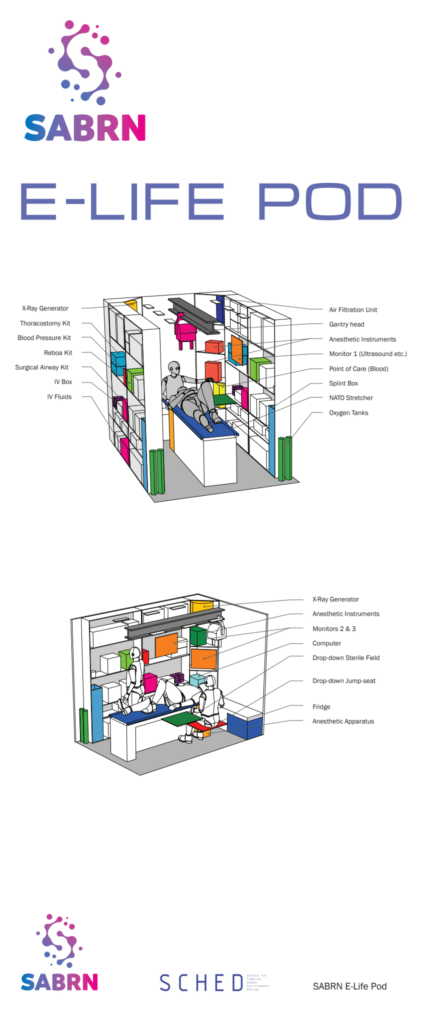
The E-LifePod is applicable for regional and urban. It can address the tyranny of distance that exists with regional, rural, and remote communities. With urban communities, the E-LifePod can be invaluable when increased tempo results in overwhelmed conventional healthcare systems.
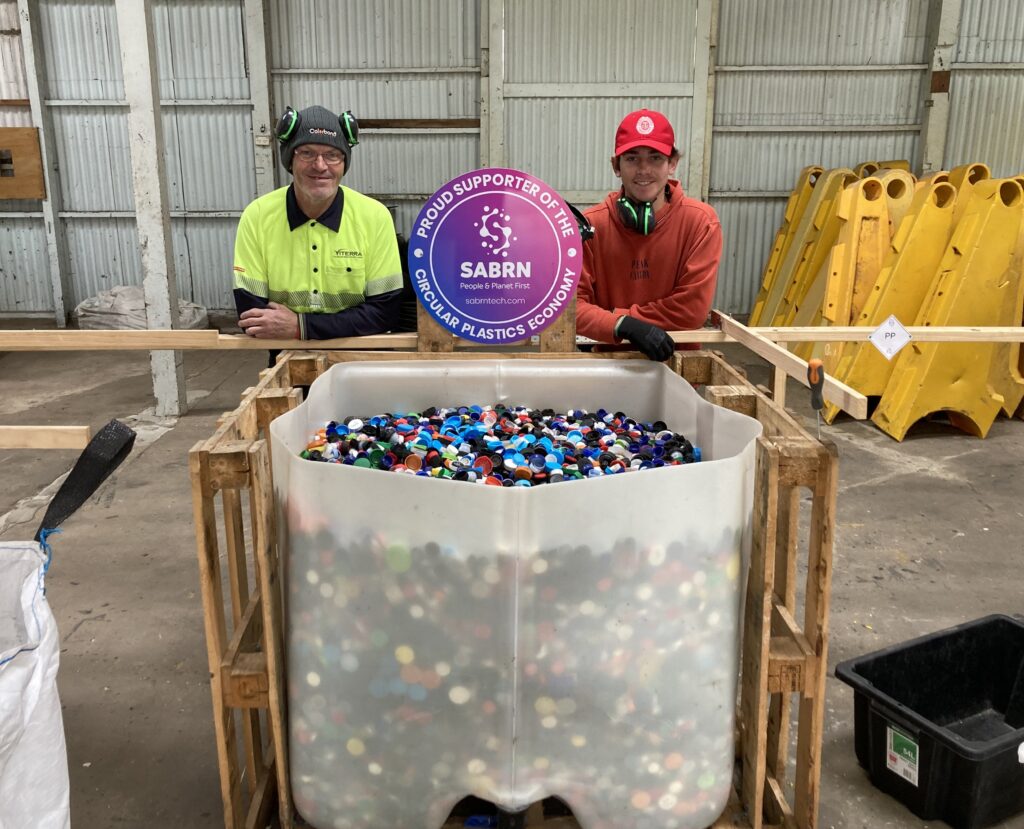
The E-LifePod will also be applicable in military settings. We know that 25% of all soldiers killed in action during the Middle-East conflicts were potentially preventable deaths. Despite the Allied Forces having overwhelming air superiority during the 20-years of conflict, the surgical capabilities were too far away and the ‘Golden-Hour’ was too long for these casualties. The Russo-Ukraine conflict is demonstrating that aeromedical evacuation is no longer a viable option with modern munitions having the capability of destroying most retrieval helicoptions. As a consequence, injured soldiers will need to be managed in the field for longer periods during the transit to the hospital. The E-LifePod will be the ideal solution for it.
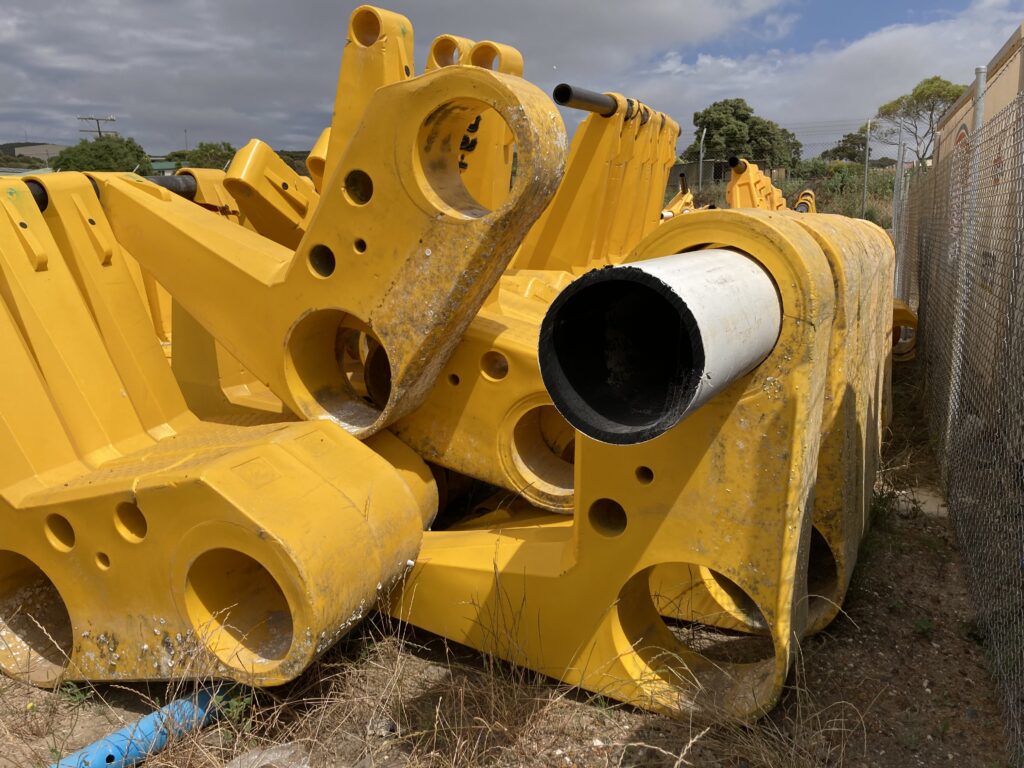
SABRN CIRCULAR
SABRN Circular is a subsidiary of the SABRN Group of Companies. Its purpose is to reduce the environmental impact of end-of-life materials such as plastic waste by creating circular economies.
The Founder of SABRN Circular, Professor Abhilash (Abe) Chandra, is a practising Vascular, General and Military Surgeon in Adelaide. His diverse entrepreneurial interests resulted in a number of early-stage purpose driven companies being founded (SABRN Circular, SABRN Education, SABRN Health, and SABRN Tech) that are packaged into the SABRN Group of Companies. The overarching objective of the SABRN Group is to use innovative technologies to improve the health of the planet and its inhabitants.
SABRN Circular established its ‘proof-of-concept’ at Port Lincoln, a small town located in the Lower Eyre Peninsular about 650 km from Adelaide. The region has a significant plastic waste problem, especially from fishing, aquaculture, agriculture, and mining industries. The region has no infrastructure to address this environmental and social problem.
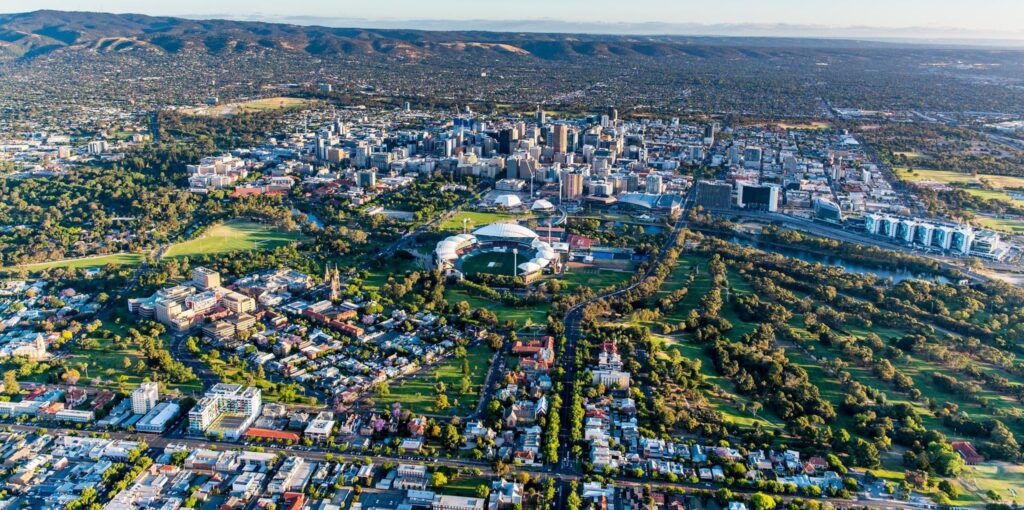
In early 2022, SABRN Circular set up the Port Lincoln plastic remanufacturing facility with the objective to develop a circular economy from the plastic ‘raw’ materials. Over time, SABRN Circular introduced a variety of upstream and downstream manufacturing equipment that were co-located to convert the end- of-life materials into high-grade plastic products. By experimenting with different technologies such as sheet press, injection moulding, rota-moulding and 3D printing, and exploring the different properties of the ‘raw’ plastic materials, SABRN Circular has been able to develop a range of products. SABRN Circular @ Port Lincoln is still at the pre-commercialisation phase, having converted several hundred tons of HDPE and polypropylene materials in sheets or granules. However, the future looks promising.
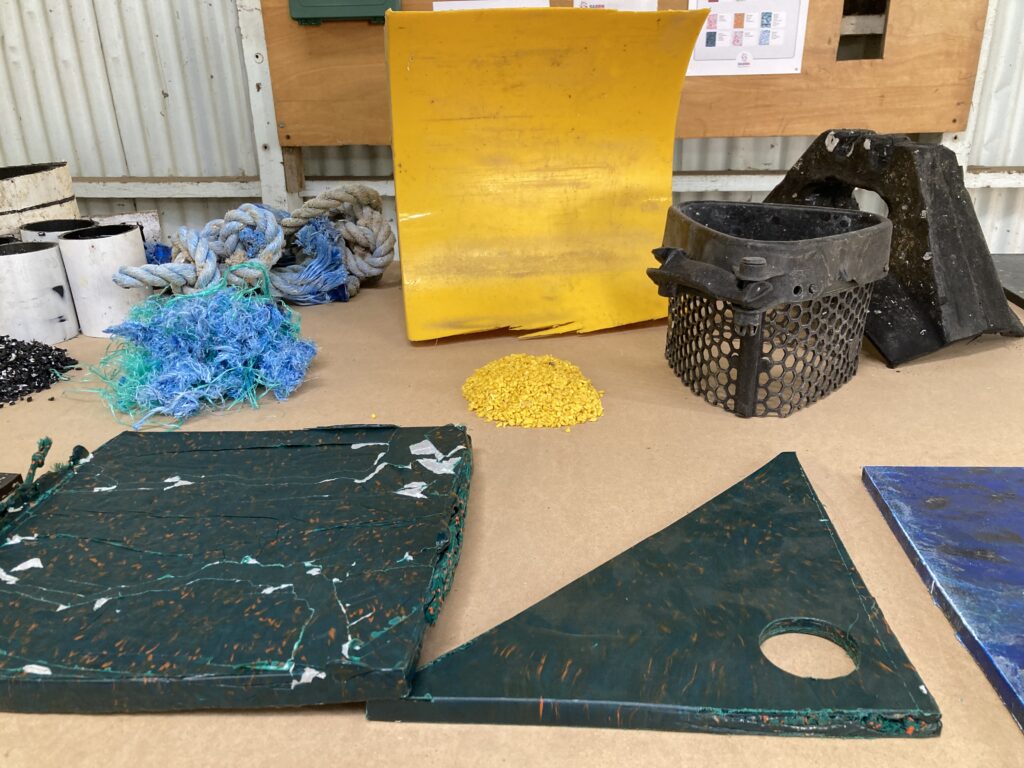
SABRN Circular’s short-term goal is to make simple products (such as home- ware or materials for mining or industry) but longer term, SABRN Circular aims to develop much more complex products. SABRN Circular also intends to develop a sustainable, scalable, resilient sovereign manufacturing capability that empowers communities whilst creating local employment opportunities. The replicable model can provide similar capabilities to other regional centers, bringing social, environmental, and economic benefits to their communities.
In late 2022, SABRN Circular Founder, Professor Abhilash (Abe) Chandra was a finalist for the SA Environmental Awards in the Innovation category. There has also been interest in SABRN Circular from other avenues, including from ‘Developing Northern Australia’. Over time, SABRN Circular intends to replicate its SABRN Circular @ Port Lincoln model to other parts of South Australia and Australia, thereby making a greater impact from an environmental, social, and economic point-of-view.

